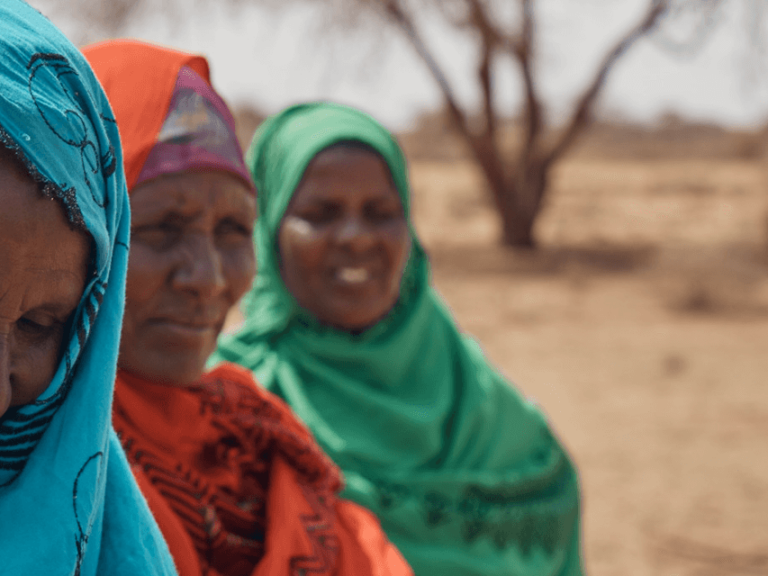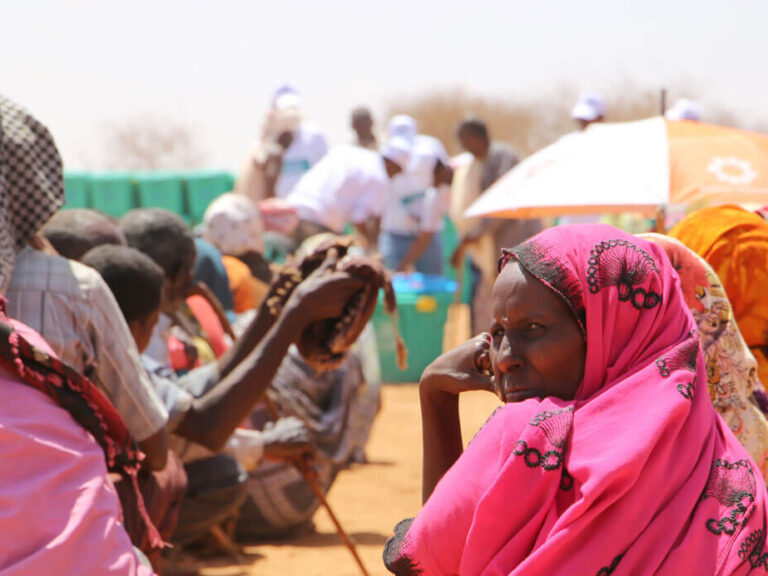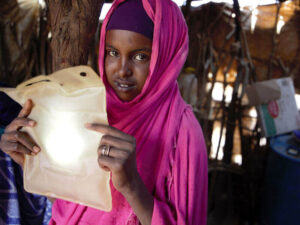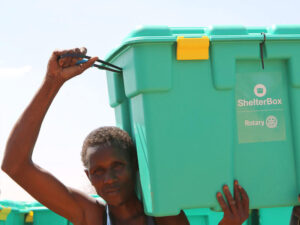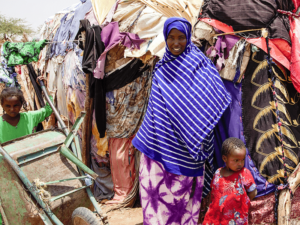We worked in Somaliland from 2017 to 2020. With the support of our partner ActionAid, we supported over 4,500 families with essential items to help communities regain their livelihoods.
In 2020 we provided tarpaulins, rope, kitchen sets, and other essential aid items to internally displaced families living in camps.
We don’t currently have any active projects in Somaliland.
What happened in Somaliland?
Severe drought devastated thousands of families in Somaliland, a self-declared republic in the Horn of Africa.
Over the last few years, the drought killed up to 80% of the region’s livestock. This had a severe effect on families who rely on farming, forcing them to leave their homes in search of basic services and alternative livelihoods.
Half of the rural communities in Somaliland are nomadic pastoralists who rely on livestock for their income and survival, and extreme weather is their biggest threat.
The drought and lack of food heightened the risk of disease and illness. To make matters worse, flash rainstorms made it even more dangerous.
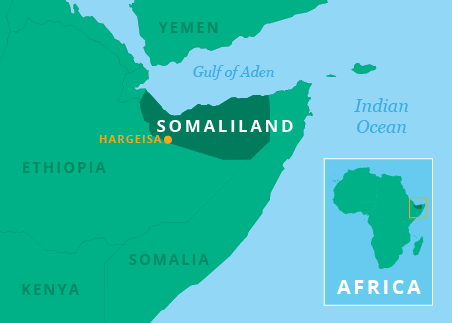
Where is Somaliland?
Somaliland is a self-declared republic in northwest Somalia.
It is hemmed between an expanding desert and the Red Sea.
In recent years ongoing drought and conflict have driven families towards urban areas, causing overcrowding and putting pressure on resources and essential services.
There was a huge need for humanitarian assistance in the area, with an estimated 2.6 million people internally displaced across Somalia. Almost 1.6 million were children.
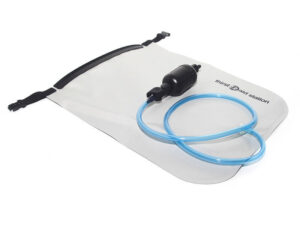
Water filters
Water filters are essential for combatting disease in Somaliland, as dwindling water sources can be contaminated with diseases like cholera
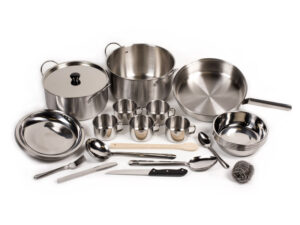
Kitchen sets
By providing cooking sets which contain a range of sturdy utensils, families can spend quality time together
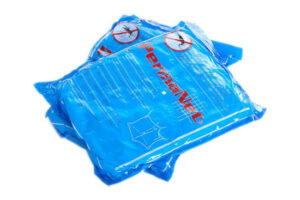
Mosquito nets
Mosquito nets are a simple way to help protect families against insect-borne diseases like malaria which is prevalent in Somaliland
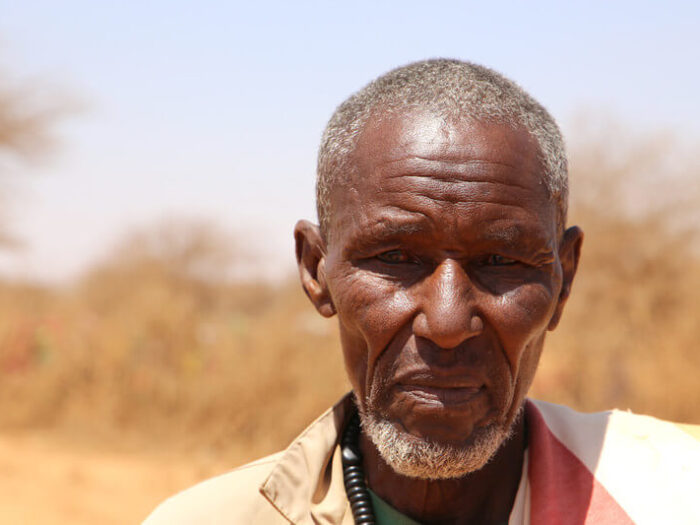

Bihi’s story
77-year-old Bihi used to be a nomad, moving from place to place with his herd.
But when his cattle died in the drought, Bihi lost his livelihood. He had no choice but to move to Balilmatan, where over 1,000 internally displaced people are now living and receiving humanitarian aid.
‘We came here because we were hungry and we didn’t have any food. Since I lost my livestock, the biggest struggle is to get food for my family’.
Having left everything behind, Bihi needed shelter to protect his family from the harsh weather.
We supported Bihi’s family with tarpaulins, water carriers and filters, mosquito nets, solar lights and a kitchen set so they could begin to rebuild their lives.

